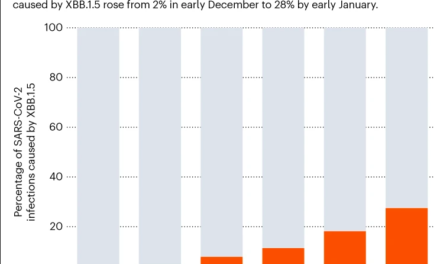Nov. 13, 2024 – A new study suggests that your choice of alcoholic beverage may reveal more about your diet and lifestyle than you might think. According to findings published in the journal Nutrients and presented at The Liver Meeting held by the American Association for the Study of Liver Diseases, people who primarily drink beer tend to have poorer diets compared to wine or liquor drinkers and face a higher risk of unhealthy lifestyle factors.
The research, led by Madeline Novack, MD, from Tulane School of Medicine, analyzed the dietary habits and alcohol preferences of 1,900 U.S. adults. The study grouped participants based on their preferred alcohol types: 39% identified as beer-only drinkers, 22% preferred wine, 18% drank only liquor, and 21% consumed multiple types of alcohol. Researchers then compared the diet quality of each group using the Healthy Eating Index (HEI), which scores diets on a scale up to 100, with a score of 80 or higher indicating a healthy diet.
The results were stark. Beer drinkers averaged a score of 49, the lowest among the groups and significantly below the national HEI average of 57 for adults aged 19 to 59, as reported by the U.S. Department of Agriculture. Wine drinkers scored 55, while liquor-only and multi-alcohol drinkers both scored 53.
The study also uncovered broader lifestyle trends among the beer-only group. These individuals, who were more likely to be younger men with lower incomes, also reported higher rates of smoking, low physical activity, and high-calorie diets. The study authors pointed out that these trends persisted even after accounting for factors like body weight. Dr. Novack noted the implications of these patterns, stating, “Alcohol overuse is the leading cause of cirrhosis in the U.S., and metabolic dysfunction-associated steatotic liver disease (MASLD) is rapidly increasing. Both types of liver disease often coexist, and lifestyle changes are key to managing and preventing these conditions, starting with understanding the link between alcohol use and poor nutrition.”
Researchers emphasized the connection between poor diet and liver health, especially given that chronic liver disease impacts nearly 4.5 million Americans and is now the 10th leading cause of death in the country. Poor diets, often marked by high-calorie intake and low nutrient diversity, have been associated with higher risks of liver problems.
The study also acknowledged limitations: data were gathered between 2017 and early 2020, meaning alcohol use patterns may have shifted since the COVID-19 pandemic. Additionally, while the sample was nationally representative, certain cultural factors influencing diet and alcohol consumption weren’t fully accounted for.
The findings add to a growing understanding of how alcohol choices may reflect broader health behaviors. With rising rates of chronic diseases related to diet and lifestyle, this research offers further insight into potential preventive strategies. “Improving awareness of the links between diet, lifestyle, and alcohol use could help mitigate risks associated with liver disease,” the study authors wrote, advocating for healthier lifestyle interventions across all groups.












